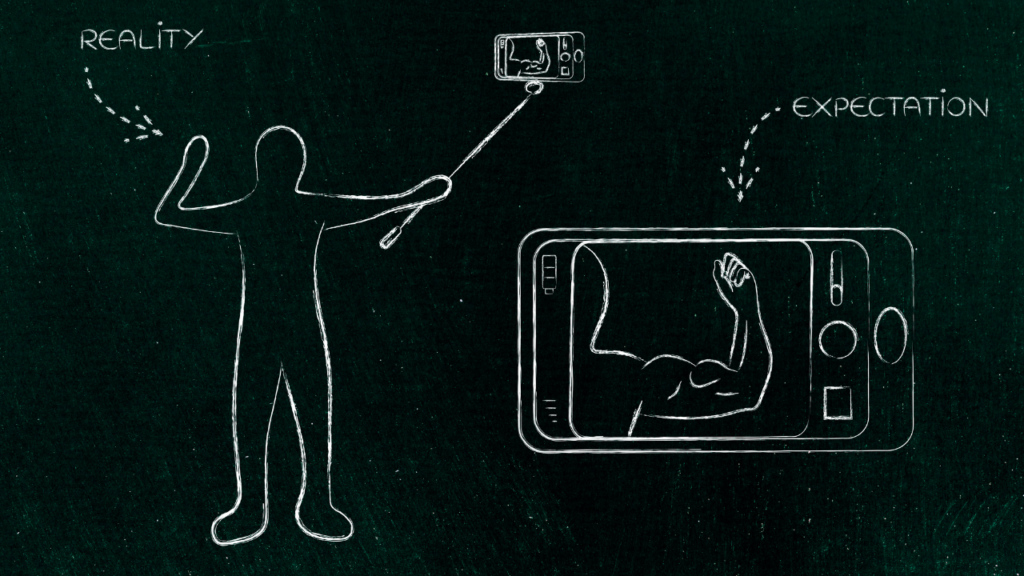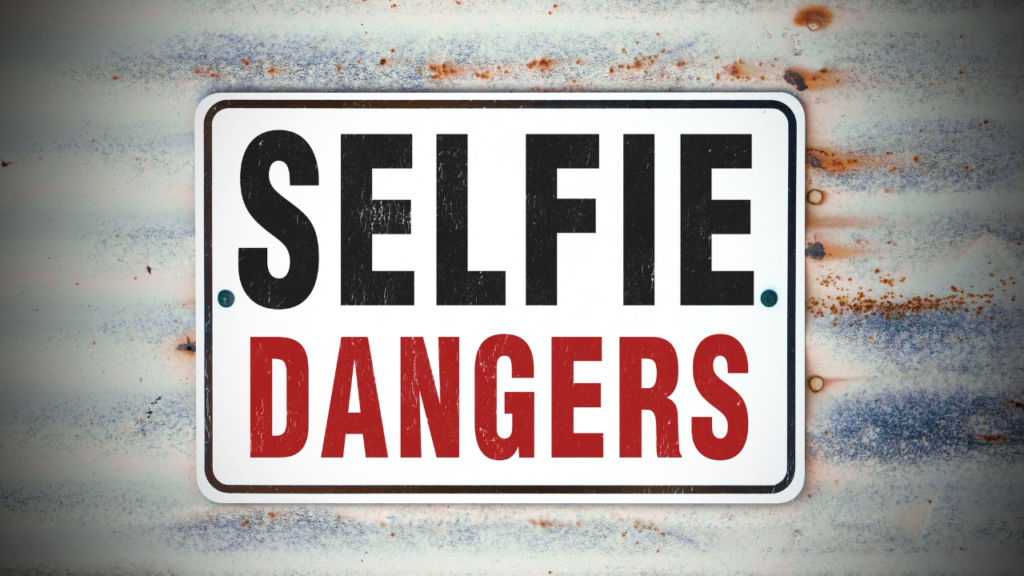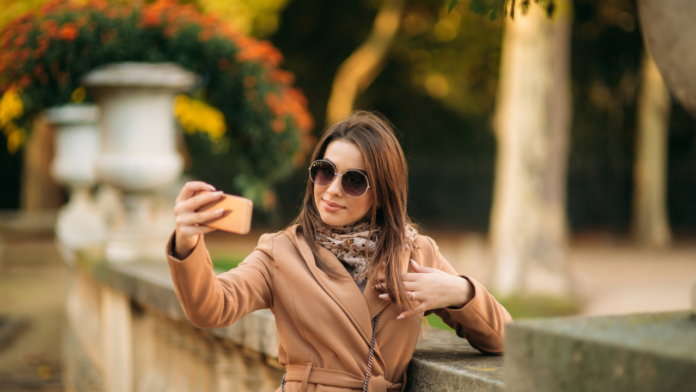Did you know that taking self-portraits (or “selfies”) has a long history and has now become a popular trend in digital culture? Today, people take highly edited and curated selfies to post on social media. However, some worry about privacy and security when sharing these images online. This has sparked conversations about how to protect personal data when posting selfies.
To protect your privacy when posting selfies online, try following these best practices:
- Disable geotagging: Turn off the automatic geotagging feature on your smartphone to prevent revealing your location to others.
- Watch your background: Be mindful of what is visible in the background of your selfies and avoid including personally identifiable information or sensitive documents.
- Remove photo metadata: Delete the metadata, such as time and location details, from your photos to prevent unintentional disclosure of your whereabouts.
History of Selfies
Selfies originated in 1839 when Robert Cornelius captured the world’s first photographic self-portrait. However, with the introduction of smartphones with front-facing cameras, selfies became popular in mainstream culture. ExpressVPN reveals that today selfies serve as a form o self-expression, as an average person takes more than 450 selfies in a year. Initially, they were mainly used as profile pictures on platforms like MySpace and featured carefully posed shots of users’ faces.

Rise of Social Media and Selfie
The rise of social media platforms in the early 2000s catalysed the modern selfie. Platforms such as Instagram and Facebook allowed people to share personal moments and contributed to the proliferation of selfie culture. Trends like the infamous “duck face” look emerged during this time.
Selfie makes it to Oxford Dictionary
The mid-2010s were the peak of selfies, with the Oxford Dictionary naming “selfie” the word of the year in 2013. Social media platforms were filled with various trends and challenges. Selfie-related devices like selfie sticks and ring lights became trendy, and famous people joined in the selfie craze, resulting in memorable moments like Ellen Degeneres’s Oscar selfie.

Dangers associated with selfies
Although people constantly seek new and creative ways to take selfies, some of these methods are dangerous and illegal. Taking selfies on rooftops or with wild animals can put individuals in harm’s way, leading to injuries or worse. With the increase in selfie-related incidents, it is crucial to consider the potential dangers of our obsession with vanity in the digital age.
It is important to note that taking selfies in areas where photography is prohibited, whether in public places or private properties, is illegal and can result in fines and legal action. Despite this, some individuals choose to ignore the posted warnings.
Gen Z and selfies
Here’s a fun fact: According to a recent report by Eksposure, a photography and design resource company, around 93 million selfies are taken every day worldwide! While millennials were the ones who started the trend, Gen Z has taken it to a whole new level by taking more selfies than any other age group.
On average, Gen Z takes 3.16 selfies per week, which is almost 2.5 times more than millennials who only take 1.37 selfies per week. Interestingly, women in Gen Z take the lead by taking over 4 selfies per week, while men take an average of 2 selfies per week.
Report findings
The Philippines ranks as the country with the highest number of selfie-takers, followed by the United States. Statistics show that 62% of people in the U.S. have taken a selfie at some point in their lives, with the youngest age group, 18 to 34, having the highest percentage of selfie-takers.
There is an ongoing debate surrounding the psychological impact of selfies on mental health. Some believe that taking selfies is a sign of narcissism, but a study from The Ohio State University suggests that people take selfies to remember the experience of an event.
Further research on the impact of selfies and social media on mental health shows that while some people experience negative effects on self-esteem, others find that social media boosts their confidence. However, the use of editing tools and filters suggests a desire to present a perfect version of oneself online.
Way forward
Selfies may be complex when it comes to psychology, but they are still a popular means of self-expression, reflection, and connection. Particularly, Generation Z is driving a shift in the selfie culture, questioning conventional beauty standards and encouraging authenticity.
Selfies are now a significant aspect of social media, and in the future, they are expected to have a more substantial social impact as people use them to promote various causes. However, as selfies evolve, it is crucial to maintain a balance between self-expression and protecting personal privacy and security in the digital world.


